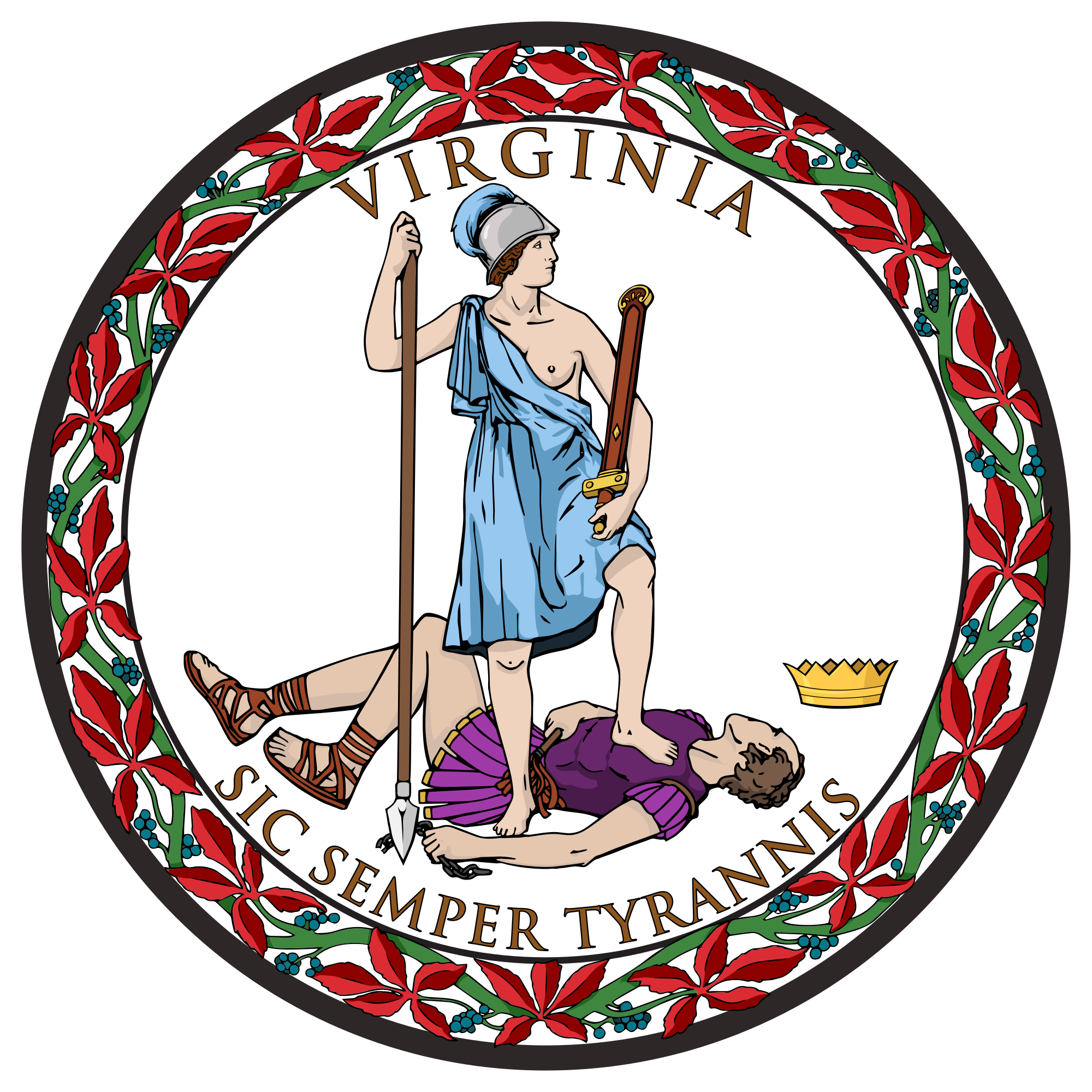
This Latin Phrase Holds A Lot Of Significance In Netflix's 'The Punisher'
If we're gonna talk about Frank Castle and The Punisher, then we need to talk about the Marines. One of the major facets of Frank's life is that he was a marine. It's who he is, it's how he defines himself, it's what makes him tick. He's a man who doesn't know to function without having a war to fight, and that's why he's constantly finding those who need punishing and fighting them. The same, in a way, goes for his fellow marine, Lewis, though he gets it twisted. Which brings us to Lewis' saying: What does "Sic Semper Tyrannis" mean?
Like Castle, Lewis has attached himself to a phrase, and it's one he repeats over and over like a talisman. With Frank it's "One batch, two batch/Penny and dime," a rhyme taken from a kid's book he read to his daughter. Lewis is too young for such family oriented things, so he's attached himself to a completely different phrase, but one with just as much meaning: "Sic Semper Tyrannis."
"Sic semper tyrannis" is a Latin phrase, which translates to "thus always to tyrants." Supposedly this phrase was first spoken by Marcus Junius Brutus, who was one of those in the Senate who stood up to the first emperor of Rome, Julius Caesar, and spoke those works after Caesar had been assassinated. "Thus, always to Tyrants," meaning that this is what those who believe and freedom and democracy will do when someone dares to overstep their boundaries of good faith.

The phrase is one that's found all over the founding of America. It's the state motto of Virginia, one of the original thirteen states. (That's a little ironic, since the phrase was actually used by Union troops against states like Virginia during the Civil War.)
It's the type of phrase that would catch a young marine's attention. As we know, the motto for the marines is a fellow Latin phrase: Semper Fi, meaning "always loyal." It's also one that was famously worn by another homegrown terrorist bomber, back in the 1990s: Timothy McVeigh. He was wearing a shirt emblazoned with this phrase, along with an image of a Lincoln on it, when he was arrested post Oklahoma City bombing.
The callbacks are clearly supposed to remind us of McVeigh, who, like Lewis was attempting to make up for something he saw as government injustice. The date of that bombing was April 19, 1995, which was the first major flag for those investigating, as two years earlier, on that same day, was one of the FBI's biggest mistakes of that decade, as the Branch Davidian compound burned down in Waco, Texas after a 50 odd day stand off.
McVeigh imagined himself as an avenger, and a vigilante, attempting to right the wrongs of what had happened, in a completely terrible way. That's the same thing that's happening here with Lewis, who's emotional damage, accidental murder of a man who he'd thought was his friend, and suicidal idealization lead to a completely insane idea that he would get back at the government for their wrongs... by bombing New York City.
For some it might seem strange that Castle gets involved with Lewis so quickly, especially after hearing that phrase and remembering it. But Castle understands Lewis deep down. They're damaged men, who are terrified now that they don't have the clarity of purpose that being at war gave them.
Lewis is just making up a war of his own, same as Castle did. The only difference between them is Castle brings down generally agreed upon bad guys, while Lewis just killed randomly. Are they really so different after all?